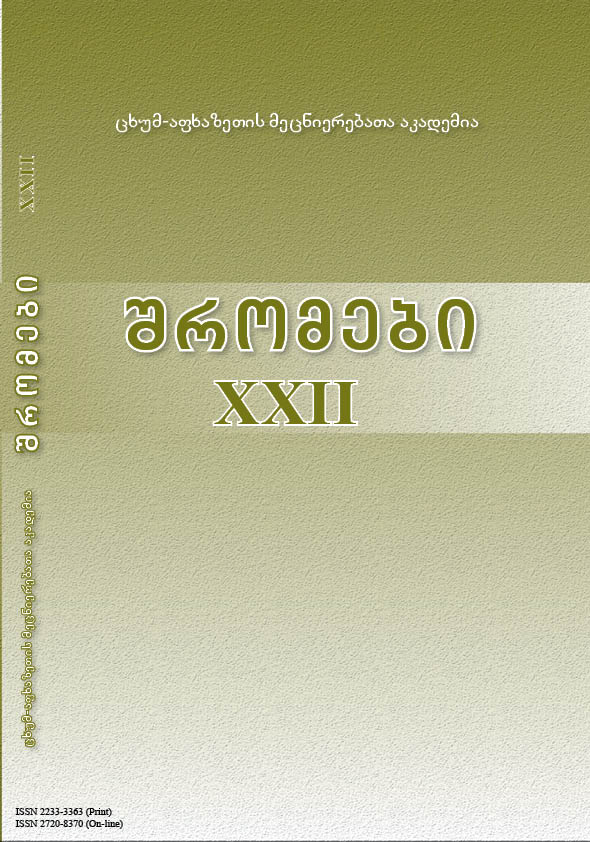Working on Foreign Text and Reading Strategies in Language Teaching
Main Article Content
Abstract
Text is a product of speech activity; it conveys the subject of speech activity given by the speaker or writer. It is a complex speech expression, which has a logical-compositional and logical-conceptual structure, subject content, linguistic characteristics and communicative properties. The text is a unique unity of thought content and linguistic form. The main feature of the text is its conceptual-semantic integrity, that is, the connection of thought. Learning material is reflected in learning texts; Texts should perform motivational, informational and control functions, create conditions for the gradual formation of the reading mechanism. Texts should be selected according to the teaching objective. The content of the text should ensure the personal upbringing and education of the student; It should have cognitive value and scientific content, should contain factual material about the country and people of the language being studied in various fields. The main conceptual components of the text are topic, idea and problem. Problematic is one of the main requirements for a text. Methodological requirements should be considered in the text. The lexical and grammatical features of the text should be taken into account when assessing language difficulty. The effect of the lexical factor depends on the number of new words, qualitative indicators, their place in the text and the purpose of reading. The text, as a unit of teaching reading, in many cases plays the role of a specific exercise, if the task contained in it, which should solve a methodical task, is communicative. A communicative task can influence reading strategy selection and performance.
